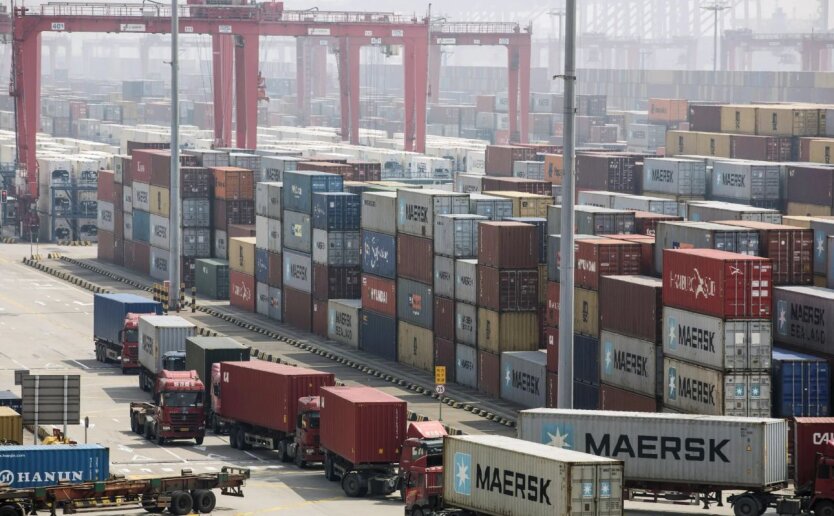Countries Review Negotiation Strategies with the U.S. After Tariff Deal with China.


New Tariff Agreement Between the U.S. and China: Impact on Other Countries
The latest agreement between the United States and China on tariffs is prompting other countries to reassess their approaches to negotiations with the Trump administration. China's strengthened position has led to a temporary truce.
The recent reduction of tariffs on Chinese goods to 30% in Geneva surprised observers from Seoul to Brussels. Trump's willingness to reduce tariffs on Chinese goods indicates he is ready to step back from his initial stance.
'Many countries will look at the outcomes of the negotiations in Geneva and understand that Trump knows when he is pushing too far,' noted a former U.S. trade negotiator expert.
Japan plans to discuss tariff issues in Washington, which could lead to an agreement with the U.S. in July, without officially announcing further steps.
While it is risky for many countries to be strict with the Trump administration, there are countries that might decide to take this path. Trump's willingness to maintain negative pressure on Beijing shows that some states may act according to their own interests.
Analysis: The conclusion of the tariff agreement between the U.S. and China has influenced the negotiation strategies of other countries with the Trump administration. China's position and Trump's willingness to make concessions suggest possible changes in the trade policies of governments worldwide.
Read also
- Hryvnia and the Big Mac Index - What's Wrong with the Dollar Exchange Rate in Ukraine
- Leader in Nuclear Energy - Which Country Sets the Pace in Europe
- The head of Poltava GOK will be prosecuted — what is he accused of
- Ukraine may be left without scrap — what are the consequences
- Scrap Prices - Is it Profitable to Sell in Summer and When Will Prices Rise
- Sale of land - what taxes need to be paid in 2025









